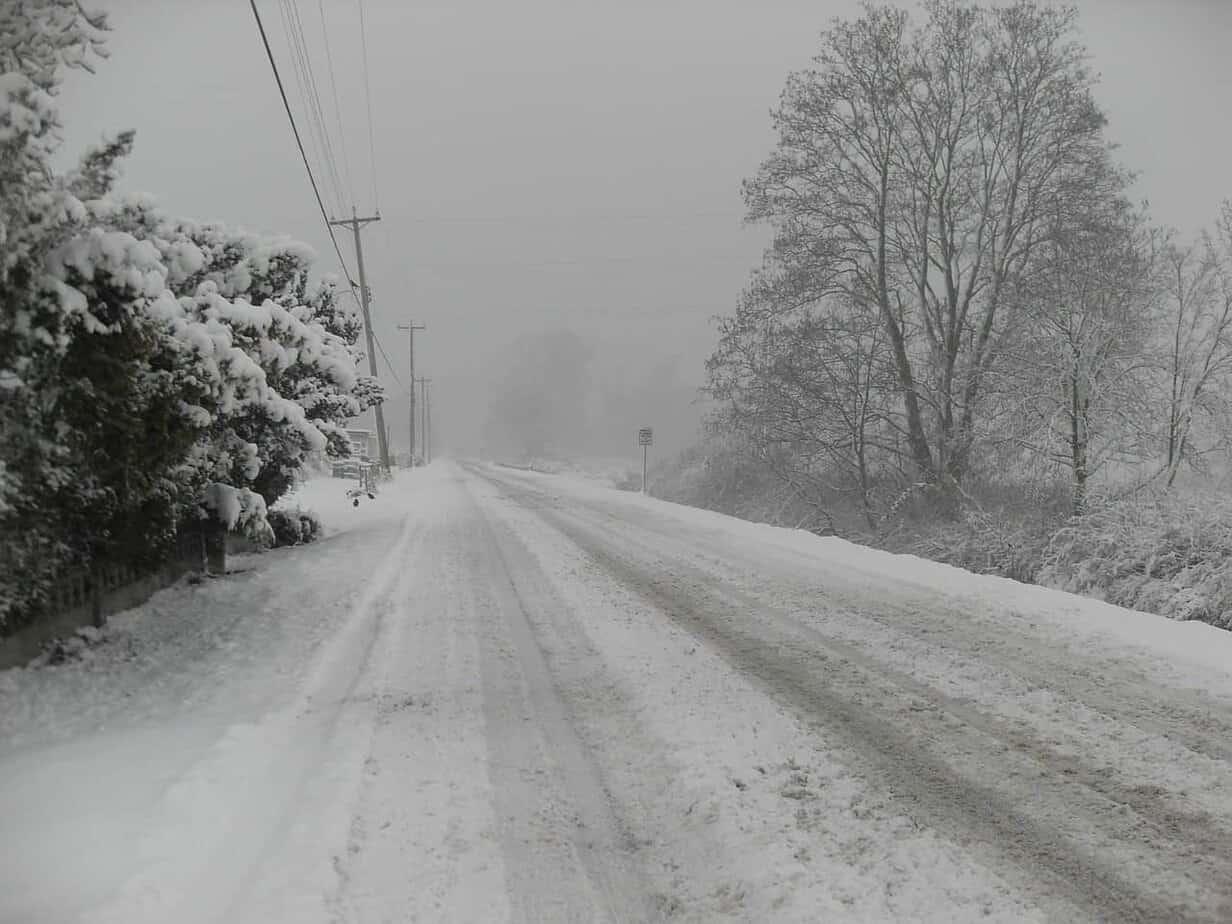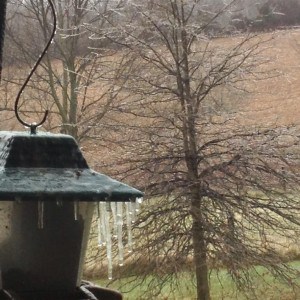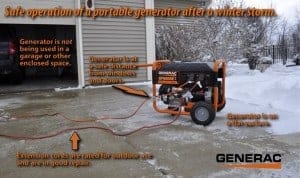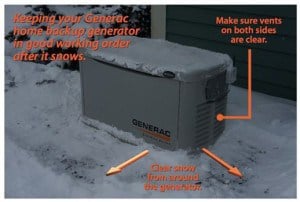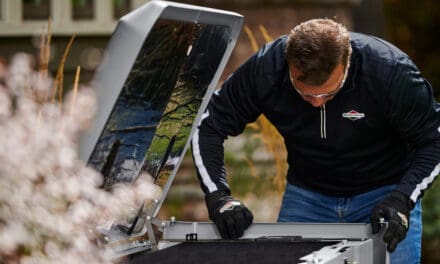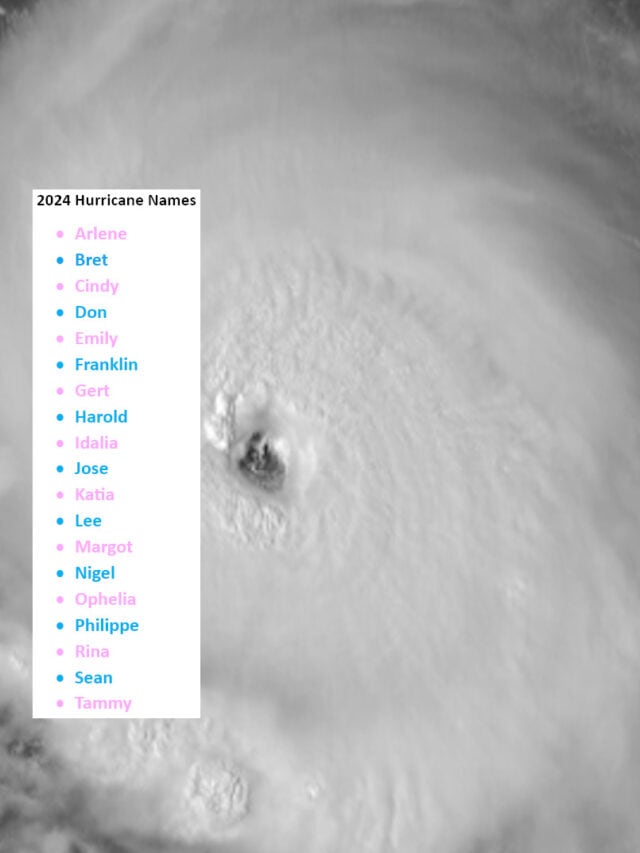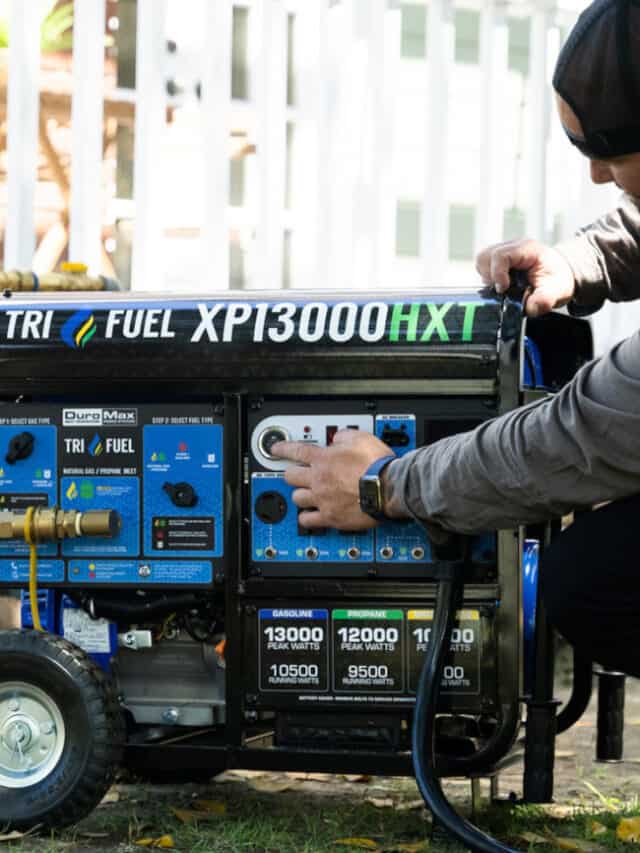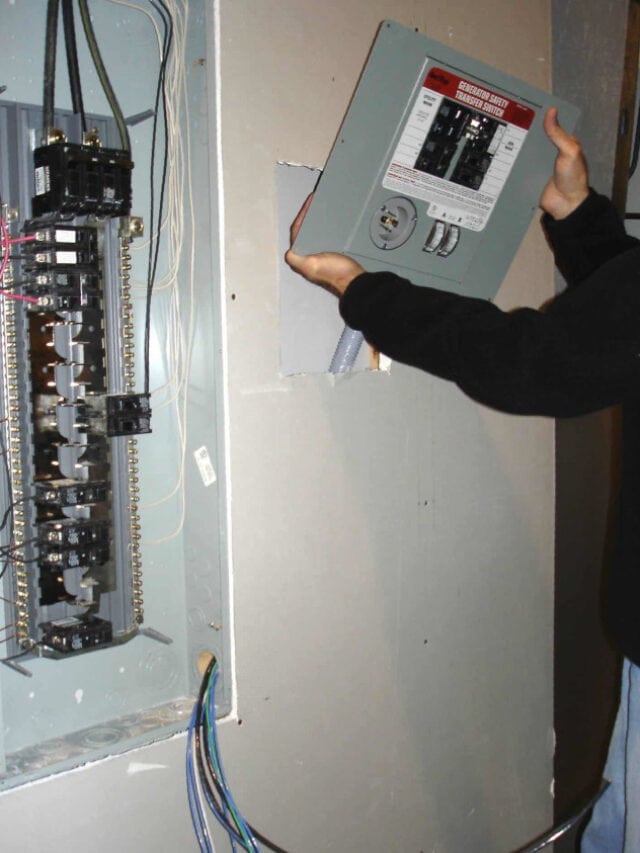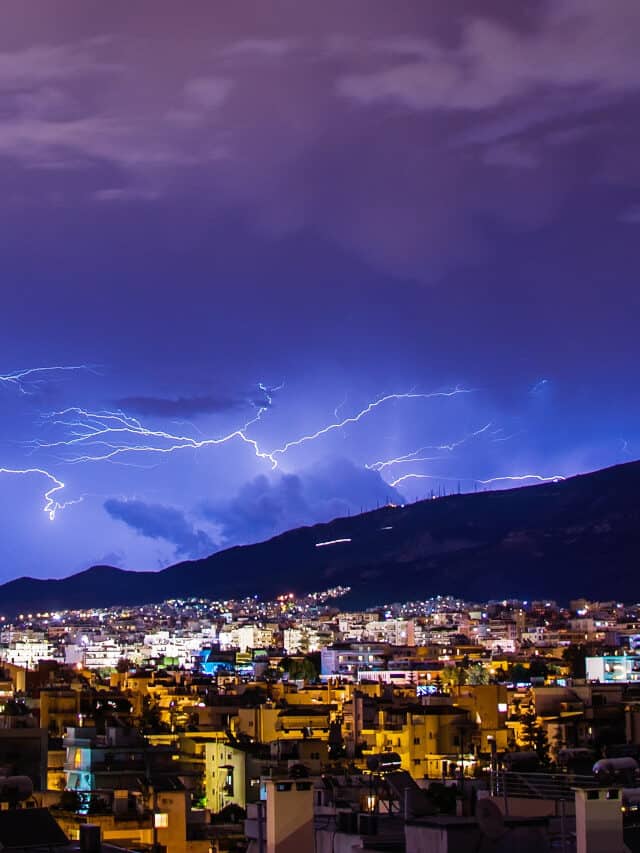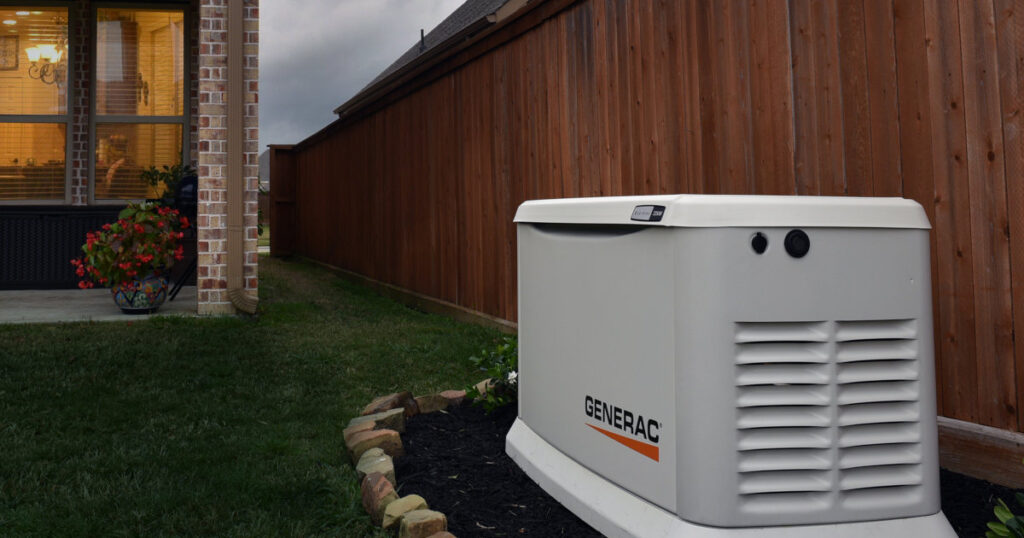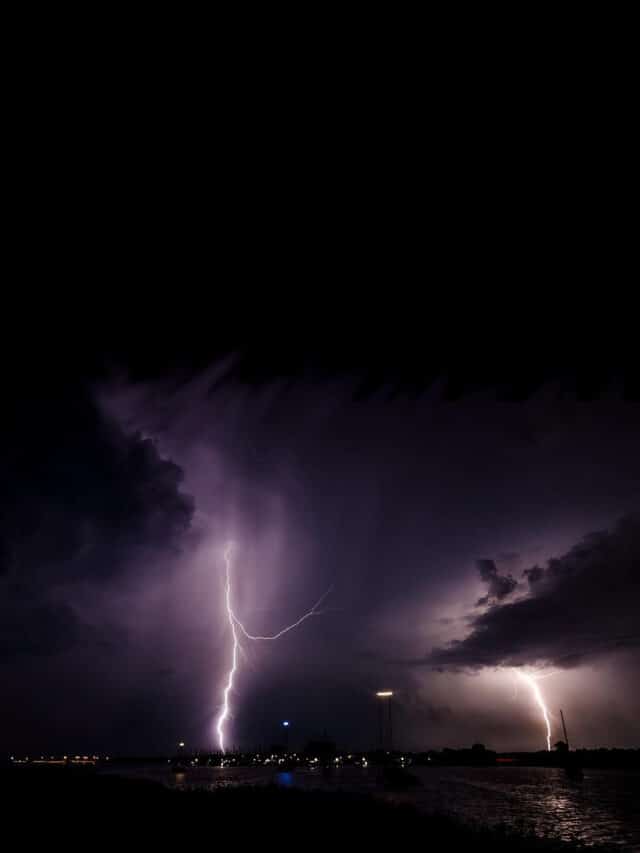A major ice storm is paralyzing a wide swath from Northern Texas through Kentucky and Tennessee and has made travel extremely hazardous. The blast of frigid air moving in behind the storm will only add to the difficulties with school and government agency shutdowns. Arkansas Governor Mike Beebe has declared a state of emergency in order to assist utility crews with cleanup and repair operations. Southern Mississippi is under a winter storm watch and expecting up to eight inches of snow.
More than 200,000 are without power and that number is expected to increase as the storm pushes northeast and heads for the Mid-Atlantic and Northeast where it will bring sleet, freezing rain, and snow by Sunday. More power outages are expected and travel will become hazardous.
Another blast of sub-zero frigid air will move in behind the current storm and bring snow and hazardous travel to Arizona.
Power Outage Problems
One of the biggest worries when the power is out and temperatures drop below freezing is frozen water pipes that burst and then flood a home, often after the homeowner has left for warmer accommodations. Without electricity, heating systems won’t work. If you are forced to leave your home, turn off the main water valve and drain the pipes before you leave. The main line coming into the home could still freeze however, but a plumbing company can usually turn it off.
Sump pumps are another source of concern as water levels rise and the pump does not operate. Basements can flood and cause damage to finished areas and ruin belongings. A battery backup pump can help for a few hours, but if your basement gets wet easily, the only way to prevent flooding for a long period of time is with a portable or standby generator.
Safe Use of Portable Generators
A portable generator is a great asset during a power outage, but it can also be a source of dangerous carbon monoxide if not used properly. Safe placement of the unit means keeping it away from the home. Never place a portable generator near a wall or roof vent, under a window, or close to a door.
Even if a window is closed or open just a crack (perhaps to allow room for an extension cord,) the difference in air temperature will draw carbon monoxide into the home. During Hurricane Sandy, users of portable generators were sickened and some died for exactly this same reason.
Never operate a portable generator inside a home, garage, or shed.
Don’t backfeed the home’s electrical system by plugging it into an appliance outlet. This could energize the lines leading out of the home and injure or kill a utility worker. Use extension cords adequate for the job.
Standby Generators
An ice storm is a particularly hazardous event. It coats everything with a layer of ice and that includes the standby generator unit outside your home. If your standby generator is operating, make sure it is clear of snow and debris that may be blocking the vents. Clear away built up ice if necessary.
Monitor the generator alerts and status frequently to ensure it is operating correctly. Some generators need maintenance after just four days of operation. Check the oil daily and top it off as necessary, but don’t overfill. The middle of a power outage isn’t the best time to be looking for maintenance supplies, but if you have to go out, add oil for the generator to your shopping list.
Portable Generators
Fuel for portable units is a concern because you can only stock a limited amount of gasoline. Just like standby units, you need a stock of maintenance supplies on hand. If you go out to buy more fuel, be sure to add oil to the list. Check the oil level daily and top it off as necessary.
If your generator is connected via a manual transfer switch, it most likely plugs into a dedicated inlet box. Make sure the power cable remains clear of ice and be prepared to occasionally clean it off.
Generators are difficult to find during a widespread power outage. Instead of waiting for the next storm, contact Norwall Power Systems and find out how a standby or portable unit can protect your home from the next blast of frigid air or tropical storm.

